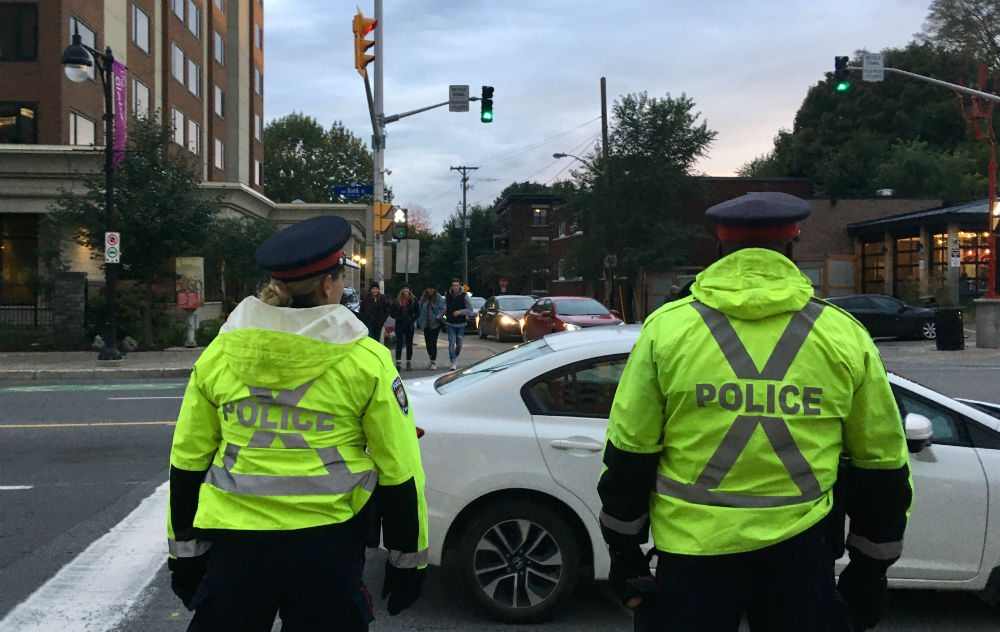A report by an Ontario judge concludes that carding by police should be banned as there’s little evidence it prevents crime.
Carding is the practice of police randomly asking an individual to provide their personal information and identification without suspicion of them being involved in crime.
Ontario Cort of Appeal Justice Michael Tilloch was asked by the Liberal government of Kathleen Wynne to conduct an independent review of carding regulations that were introduced in 2017 and which prohibit arbitrary stops. Tulloch examined whether carding was conducted without bias and if it’s an effective tool to curb crime.
In his report, which was released Monday, Tulloch said such street checks were originally intended as a way to get the information about people the police suspect were involved in criminal activity. However, he said, the practice became much less focused over time.
He concluded in his report that carding, “which takes considerable time and effort for a police service to conduct, has little to no verifiable benefits relating to the level of crime or even arrests.”
Tulloch said many police services have already discontinued the practice because it is not effective.
Carding is controversial because of its negative impacts on the physical and mental health of those carded and potential negative impacts on employment the report says.
These effects are “felt disproportionately by certain races and groups, particularly Indigenous, Black and other racialized communities, as well as youth and people from lower socioeconomic groups,” the report states.
Tulloch recommends that regulations specify that police officers cannot arbitrarily or randomly stop individuals to request their identifying information. He also recommends that “suspicious activity” should be defined in the regulation.
Here’s the full list of recommendations:




